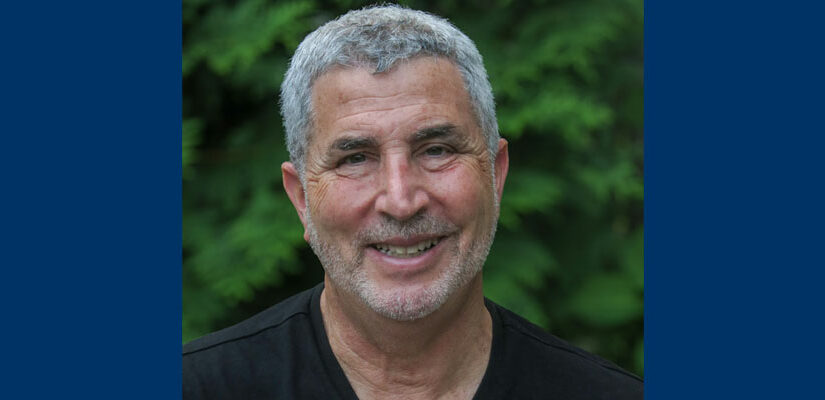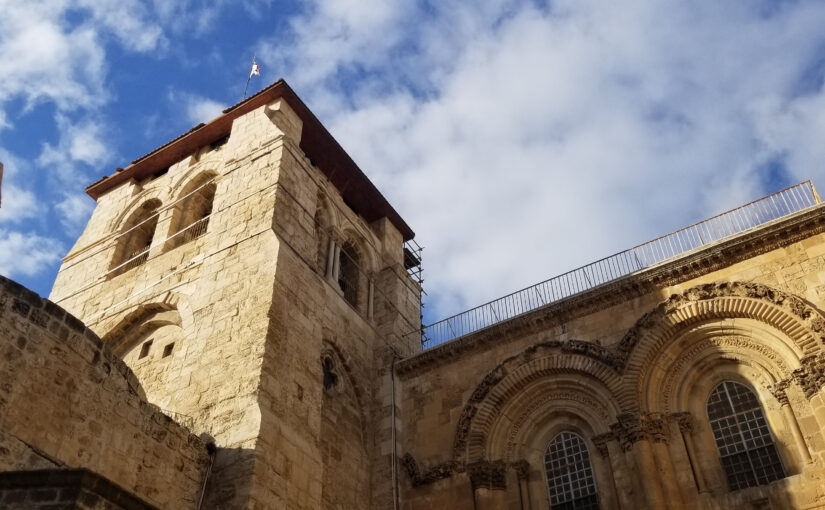From Darkness to Light: The New History of Jewish Christian Relations
Program: Hebrew College Tamid
Instructor: Dr. Jacob Meskin (Read Bio)
Dates: 8 Tuesdays, Fall 2024: 10/29, 11/5, 11/12, 11/19, 12/3, 12/10, 12/17 & 1/7
Time: 9:30-11:30 a.m. ET
Course fee: $400, financial aid is available
Location: In Person at Temple Isaiah, 55 Lincoln Street, Lexington
Hosted by: The Lexington Collaborative (Temples Isaiah and Emunah)
Registration: Click here
Jewish and Christian researchers have invited all of us to re-imagine, in radical ways, the original emergence of what we now call “Christianity” from the matrix of Judaism in the first century CE.
These and other developments promise new hope for those who seek to repair the complex and often tragic history of Jewish Christian relations, and who look forward to Jews and Christians living side by side, in their respective faiths, as friends and allies.
In this course, we will study the often-painful history of Jewish Christian relations, drawing on the latest scholarship and innovative paradigms. Our focus will be on what happened, on why it happened and, above all, on how understanding the deep reasons behind past events can liberate us to envision a better future. Through this kind of study contemporary Jews and Christians can fully grasp that the future need not be like the past.
Among other topics, we will take up the following: the Jewishness of Jesus, the essential role of Paul and the relationship between his teachings and Judaism, the central nature of Rabbinic Judaism, Church doctrine and theological ideas about Jews in the middle ages, the Crusades, popular prejudices against Jews in Europe, the Reformation and the Jews, Christian Hebraism, British Protestant attitudes toward Jews, Vatican II and the Jews, and the relationships between Evangelical Christianity and Jews.
For more information or questions, contact the Hebrew College Tamid Team







